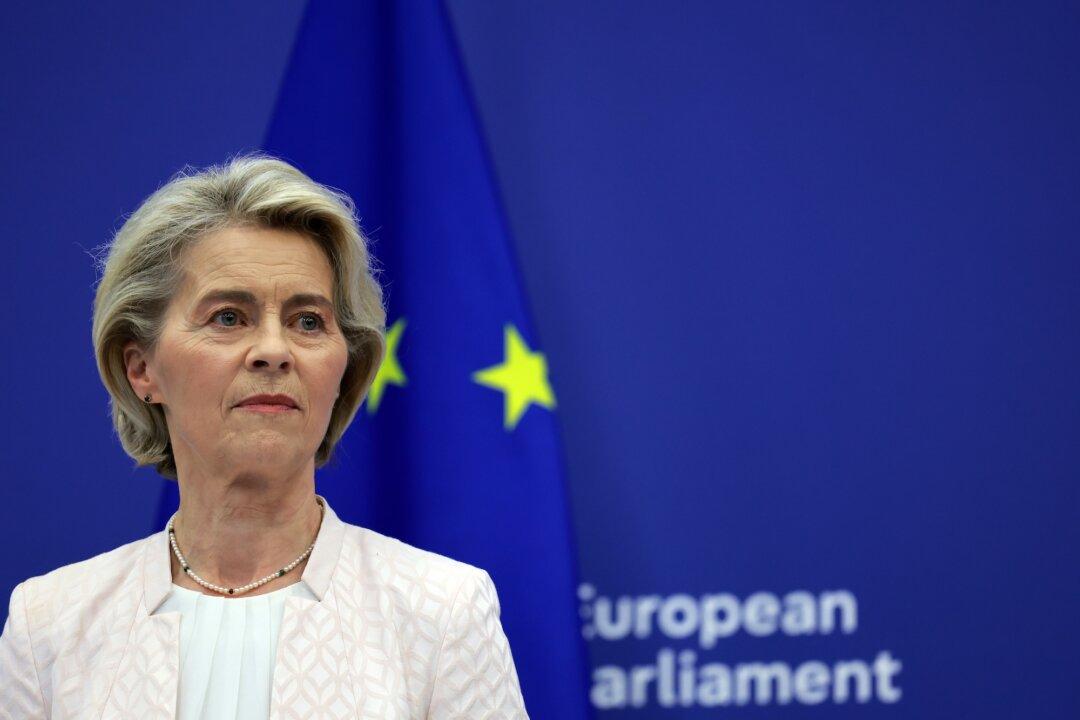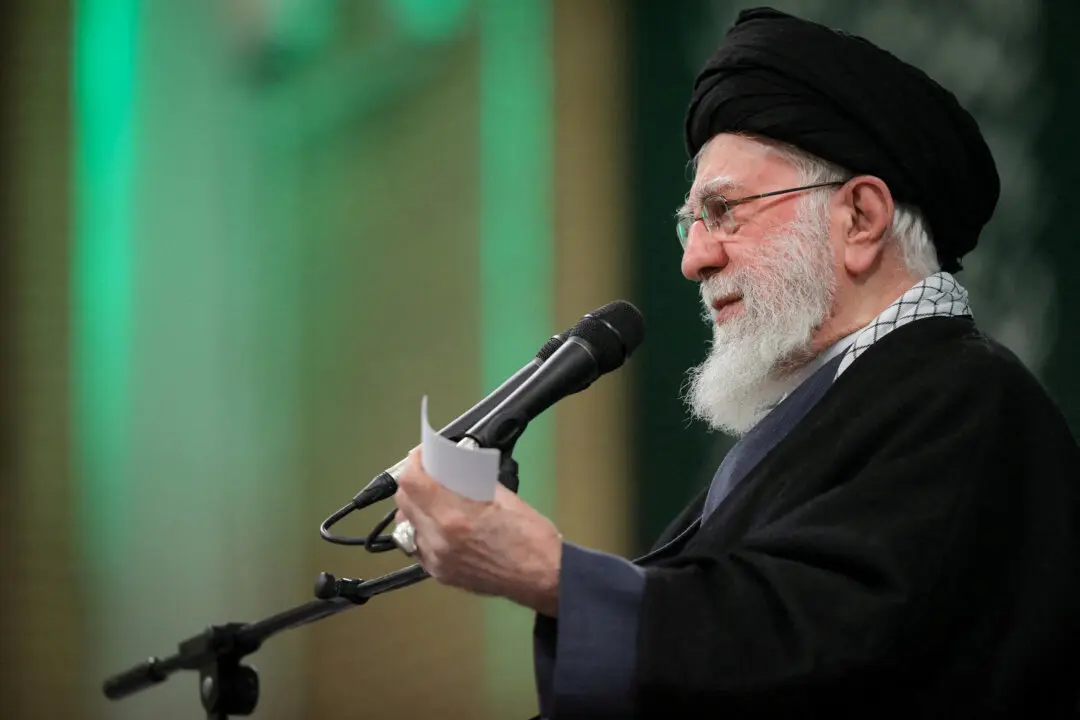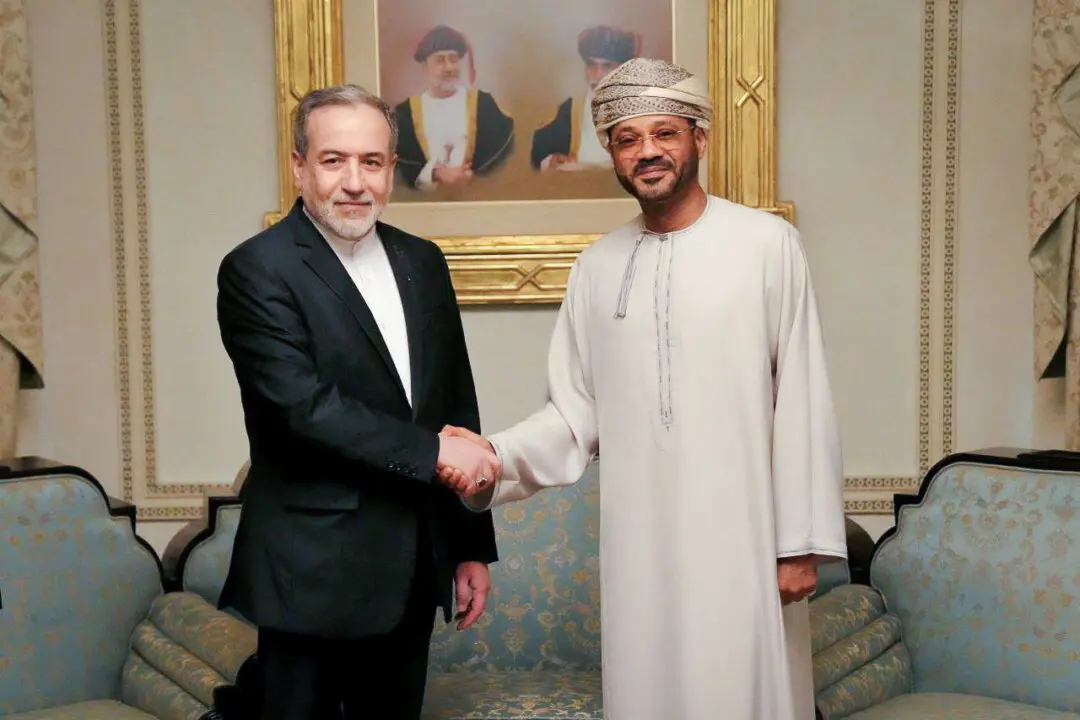The European Union has not done enough to boost its own arms production capacities in light of geopolitical threats, European Commission President Ursula von der Leyen said on Friday.
Von der Leyen cited the war between Russia and Ukraine as a particular issue but also highlighted conflicts and flashpoints further afield around the globe.
“Protecting Europe is first and foremost Europe’s duty. And while NATO must remain the center of our collective defense, we need a much stronger European pillar,” von der Leyen said.“We must have in mind a systemic overhaul of Europe’s defense. This is why I will appoint a fully-fledged Defense Commissioner in the next Commission. This is Europe’s strategic responsibility.”





